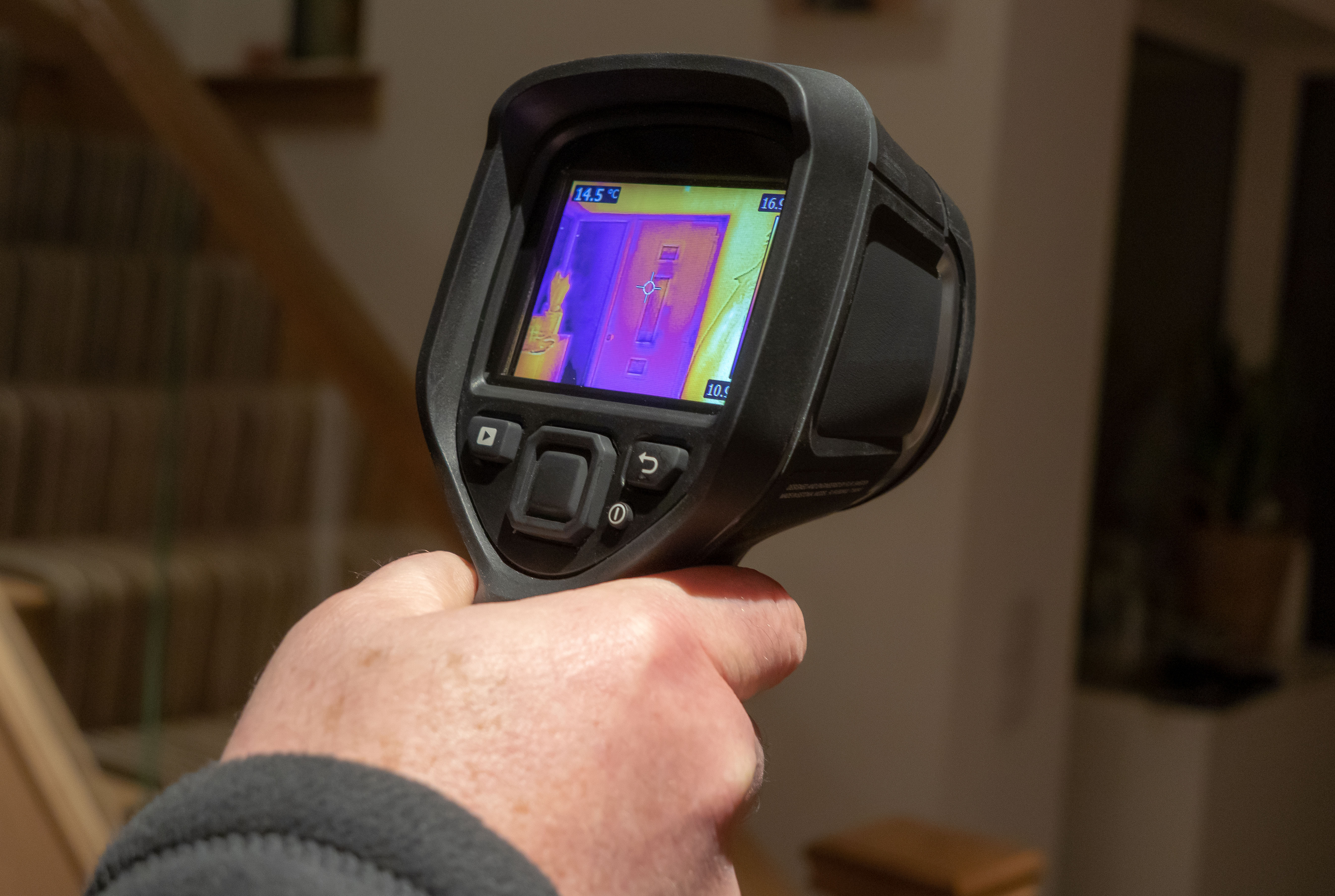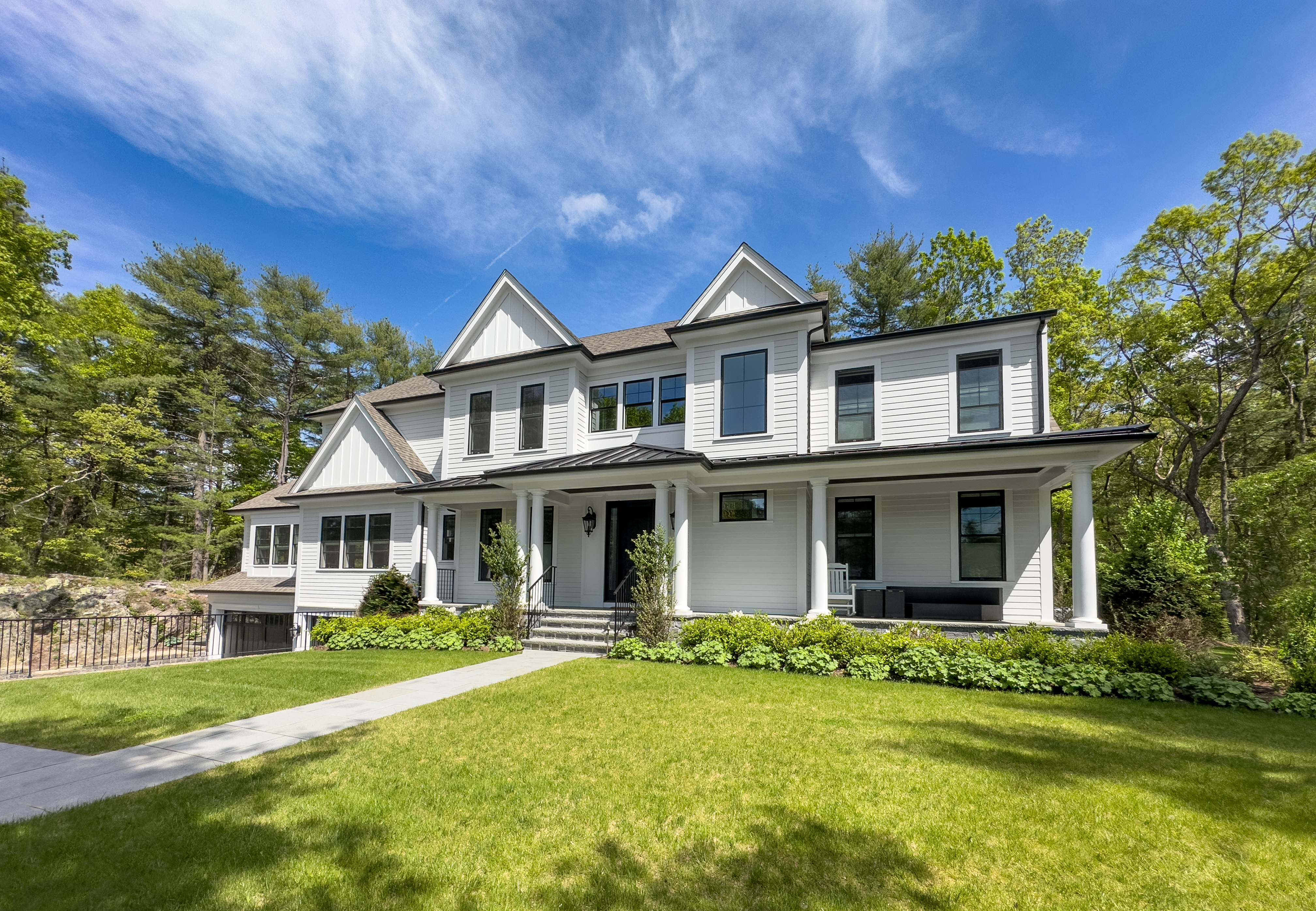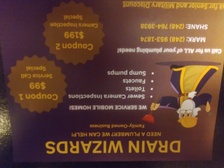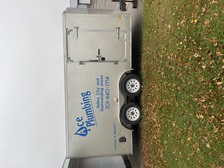
Get matched with top energy efficiency auditors in New Town, ND
Enter your zip and get matched with up to 5 pros
Need a pro for your energy efficiency auditing project in New Town, ND?
Verified Reviews for Energy Efficiency Auditing pros in New Town, ND
*The Angi rating for Energy Efficiency Auditing companies in New Town, ND is a rating based on verified reviews from our community of homeowners who have used these pros to meet their Energy Efficiency Auditing needs.
*The HomeAdvisor rating for Energy Efficiency Auditing companies in New Town, ND is a rating based on verified reviews from our community of homeowners who have used these pros to meet their Energy Efficiency Auditing needs.
Last update on December 12, 2025
Find Energy efficiency auditors in New Town

USA Alarm Service, Inc
USA Alarm Service, Inc
USA Alarm is a national company that has more than two decades of experience and an award winning command center that protects more than 700,000 homes and businesses through the United States, 24 hours a day and 7 days a week. We have offices located throughout the US, with two main offices in Indianapolis, Indiana and Post Falls, Idaho.
USA Alarm is a national company that has more than two decades of experience and an award winning command center that protects more than 700,000 homes and businesses through the United States, 24 hours a day and 7 days a week. We have offices located throughout the US, with two main offices in Indianapolis, Indiana and Post Falls, Idaho.
Solar Wolf Energy
Solar Wolf Energy
Solar Wolf is a full service solar company with a great reputation and an old world belief to our customers. To under-promise and over-deliver, period. We have 18 years experience in construction, remodeling, roofing, solar water heaters, solar pv systems, battery back-up systems and much more. See what Solar Wolf Energy can do for you!
Solar Wolf is a full service solar company with a great reputation and an old world belief to our customers. To under-promise and over-deliver, period. We have 18 years experience in construction, remodeling, roofing, solar water heaters, solar pv systems, battery back-up systems and much more. See what Solar Wolf Energy can do for you!
CLIMATE CONTROL INC
CLIMATE CONTROL INC
Climate Control, Inc. utilizes an Open Protocol system. Climate Control, Inc. offers both Service Contracts and hourly based Installation, Inspection, and Repair.
Climate Control, Inc. utilizes an Open Protocol system. Climate Control, Inc. offers both Service Contracts and hourly based Installation, Inspection, and Repair.

Energy Choice Center
Energy Choice Center
We provide free energy consulting services that pertain to discounted natural gas and electricity supply services through local utility companies.
We provide free energy consulting services that pertain to discounted natural gas and electricity supply services through local utility companies.
FAQs for energy efficiency auditing projects in New Town, ND
An energy audit costs about $420 on average, ranging from $100 to $2,250, depending on the size of your home, property, location, and the tests the auditor needs to perform. Keep in mind that the 2022 Inflation Reduction Act’s Energy Efficient Home Improvement credit covers up to $150 of home energy audit costs. Common energy audit tests include:
Blower door test: $350
Duct testing: $100
HERS test: $375
HERS certification: $200
Infrared imaging: $200
The difference between an energy auditor and a home inspector is primarily in the purpose of the inspection. The energy auditor conducts tests in your home to determine the energy efficiency levels in areas like windows, insulation, and doorways. The auditor then makes recommendations for ways to improve a home’s energy efficiency.
A home inspector examines various structures of your home to determine that everything is up to code and gauge the condition of features like the roof, foundation, HVAC, and electrical. The home inspector reports on the overall home and makes repair recommendations.
Typically, a local home energy auditor is responsible for performing energy audits. A home energy auditor will conduct one of three energy audits designed by the American Society of Heating, Refrigerating, and Air-Conditioning Engineers (ASHRAE) to determine the energy efficiency of your home. The auditor often provides analysis that can help guide changes and improvements to your home for better energy efficiency, giving recommendations as necessary.
The three levels of home energy audits include:
Level 1: Review of your energy bills and home for signs of energy inefficiency and areas for improvement. The average cost range is $0.08 to $0.12 per square foot.
Level 2: A level 2 ASHRAE energy audit costs $0.12 and $0.35 per square foot. In-depth analysis of your energy usage and provides a report of cost-saving changes.
Level 3: Comprehensive analysis and detailed recommendations for ways to improve your home’s energy efficiency. A level 3 audit costs about $0.36 to $0.50 per square foot.
To find a reputable energy auditor, find a local company that offers energy audit services. Research the company’s reviews, methods, and certifications to find a reliable professional in your area. The most reputable energy audit companies are HEP-certified by the Building Performance Institute (BPI). Be sure to check our state licensing tool to review the local energy auditor guidelines to ensure you’re hiring a certified professional.
The New Town, ND homeowners’ guide to energy efficiency auditing services
From average costs to expert advice, get all the answers you need to get your job done.
 •
•Discover the average home energy audit cost, what impacts pricing, and how to save money on your audit. Get transparent, expert-backed cost info for homeowners.

A home energy audit is a detailed write-up of how to lower your utility bills and increase your comfort level. Find out if they’re worth the cost.
 •
•Get a detailed breakdown of thermal imaging home inspection costs, including average prices, cost factors, and tips to help homeowners budget.

Home energy audits can identify ways to make your home more energy-efficient. Learn whether an energy audit is a good investment for your home.
- Charlson, ND Energy efficiency auditors
- Mandaree, ND Energy efficiency auditors
- Parshall, ND Energy efficiency auditors
- Stanley, ND Energy efficiency auditors
- Berthold, ND Energy efficiency auditors
- Tioga, ND Energy efficiency auditors
- Watford City, ND Energy efficiency auditors
- Ray, ND Energy efficiency auditors
- Killdeer, ND Energy efficiency auditors
- Burlington, ND Energy efficiency auditors
- Kenmare, ND Energy efficiency auditors
- Garrison, ND Energy efficiency auditors
- Minot, ND Energy efficiency auditors
- Beulah, ND Energy efficiency auditors
- Hazen, ND Energy efficiency auditors
- Williston, ND Energy efficiency auditors
- Surrey, ND Energy efficiency auditors
- Mohall, ND Energy efficiency auditors
- Velva, ND Energy efficiency auditors
- Underwood, ND Energy efficiency auditors
- Fairview, MT Energy efficiency auditors
- Crosby, ND Energy efficiency auditors
- Richardton, ND Energy efficiency auditors
- Dickinson, ND Energy efficiency auditors
- Hebron, ND Energy efficiency auditors
- Sidney, MT Energy efficiency auditors
- Turtle Lake, ND Energy efficiency auditors
- Washburn, ND Energy efficiency auditors
- Belfield, ND Energy efficiency auditors
- Glen Ullin, ND Energy efficiency auditors







